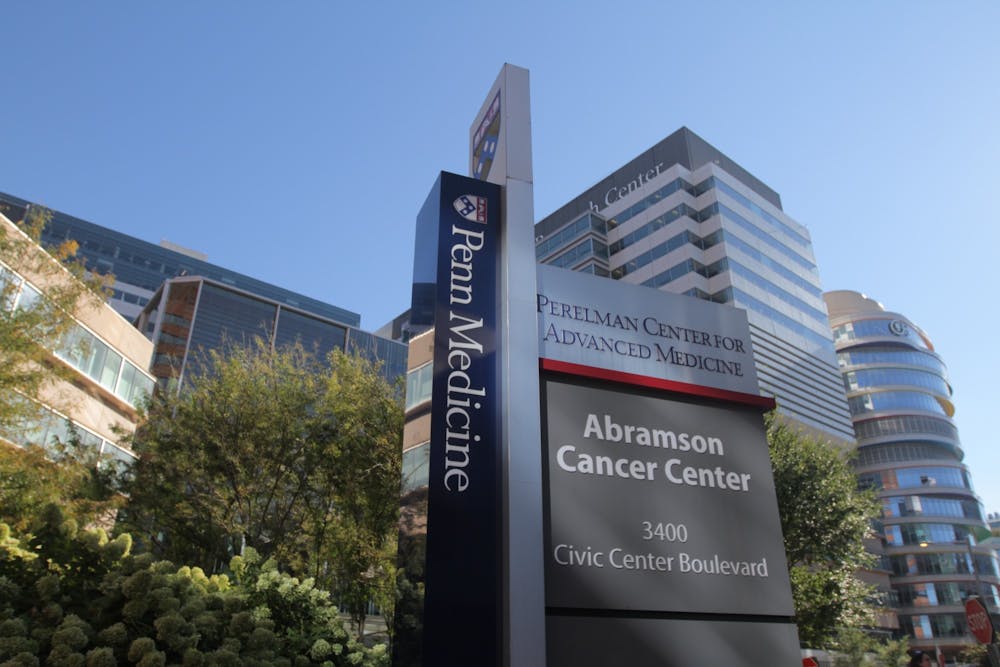
Penn’s Abramson Cancer Center has sought to increase Black participation in their clinical studies.
Credit: Matthew SchwartzAccording to research conducted by researchers at the Perelman School of Medicine, Black women have a three-fold increased risk of triple-negative breast cancers.
Triple-negative breast cancers are aggressive and less commonly diagnosed subtypes of breast cancer that make up 10-20% of all breast cancers. High breast densities and obesity were also strongly associated with risks of TNBC, Penn Medicine News reported.
The Penn Medicine study, which was published in Cancer Medicine, focused on women between the ages of 40 and 84 who were patients in the University of Pennsylvania Health System between 2010 and 2015.
The representation of Black women in this study is a result of Penn’s Abramson Cancer Center’s efforts to increase Black participation in their clinical studies. This May, the ACC doubled its clinical trial enrollment of black cancer patients. In 2014, Black residents made up 16.5% of cancer cases in Philadelphia and its surrounding areas. That same year, only 11.1% of ACC patients were black, according to Penn Medicine News.
In November 2019, Alan and Jill Miller Professor in Breast Cancer Excellence Angela DeMichele received a $3 million grant to research TNBC and how to prevent it from reoccurring.
Assistant professor of Epidemiology Anne Marie McCarthy told Penn Medicine News that the breast cancer risk prediction models could benefit from increased accuracy, as current prediction models are only approximately 60% accurate.
“In our studies, we see clear differences in risk factors across these types of breast cancers, and we need to do a better job of identifying how we can accurately predict risk for women, particularly for women of color,” McCarthy told Penn Medicine News.
The Daily Pennsylvanian is an independent, student-run newspaper. Please consider making a donation to support the coverage that shapes the University. Your generosity ensures a future of strong journalism at Penn.
Donate




